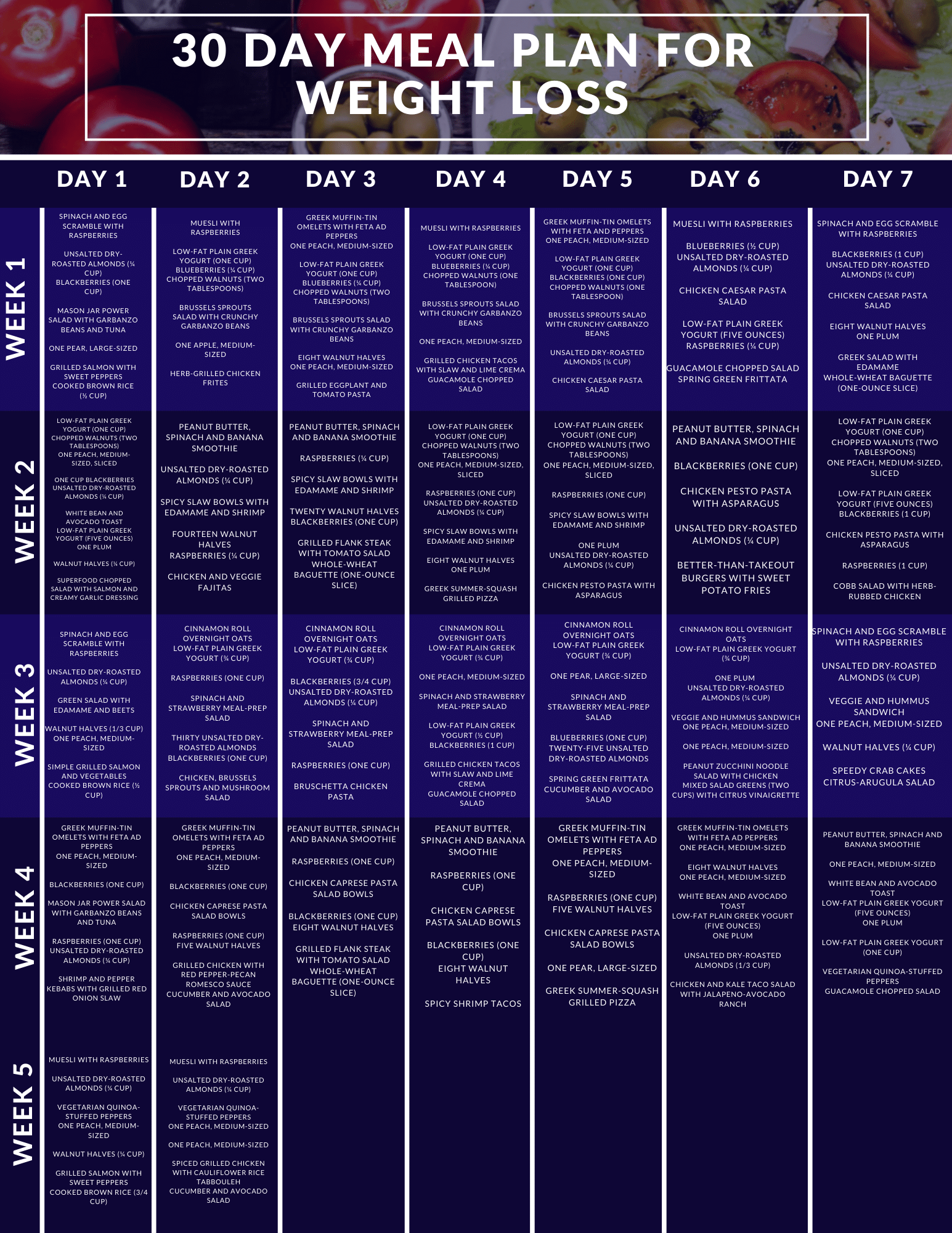When it comes to losing weight as well as overall health, maintaining hydration often takes a back seat in discussions about diet. Yet, staying adequately hydrated is essential for those starting a weight loss journey. Comprehending the different kinds of diets available can significantly improve your ability to select the most suitable diet for your individual goals as well as lifestyle. From trendy options like Keto and Paleo to time-honored favorites like the Mediterranean Diet, each has its unique approach to nutrition and weight control.
This article we will explore a wide range of diets, highlighting the pros and cons associated with them. Whether you are a beginner looking for guidance or perhaps a seasoned individual wishing to improve your diet, this comprehensive overview will help you make informed decisions. We'll examine popular and effective diets, discuss specialty diets for specific health needs, and provide guidance on selecting the most appropriate strategy that fits your personal preferences and lifestyle.

Popular Nutritional Styles
In the current wellness-focused society, numerous diet plans have appeared, tailoring to different tastes and ways of living. The ketogenic diet, for instance, emphasizes low carbohydrate intake, prompting the body to burn fat for energy. This diet is popular for its quick results in weight loss but may not be suitable for everyone due to its limiting nature. On the other hand, the Mediterranean diet focuses on whole foods, including nutritious fats, fruits, vegetables, and lean proteins, making it cardiovascular-friendly and maintainable for the long term.
Another trending choice is intermittent fasting, which focuses on timing your meals rather than restricting food types. This diet has received attention for its possible benefits on metabolism and weight loss. Each diet type comes with its distinct set of pros and cons, and comprehending these can help people choose what fits best with their health goals. The flexibility of some diets, like the flexitarian approach, allows for a harmonious intake of both plant and animal foods, appealing to those looking to make gradual adjustments.
Furthermore, specialty diets have gained traction, especially among individuals with specific health needs. The gluten-free diet caters to those with celiac disease or gluten sensitivity, while the DASH diet aims at lowering blood pressure through diet. With Meal plan , people can find a diet type that not only assists their weight loss journey but also improves their overall well-being.
Specialised and Health Diets
Specialty and medical diets are tailored to satisfy particular health needs and goals. They are often prescribed by healthcare providers to manage specific medical conditions or to enhance overall health. For instance, the gluten-free diet is vital for individuals with celiac disorder or gluten sensitivity, as it aids avoid negative reactions to gluten in wheat and rye. Similarly, diabetes-specific diets focus on managing blood sugar levels through carefully managed carbohydrate intake, making it essential for those with diabetes to adhere to strict dietary guidelines.
Another notable specialty diet is the FODMAP diet, which is designed for people suffering from irritable bowel syndrome and similar gastrointestinal disorders. This diet involves the elimination of fermentable oligosaccharides, disaccharides, monosaccharides, and polyols—short-chain carbs that can cause digestive distress. By carefully bringing back these foods, individuals can identify which ones cause their issues, leading to better management of their condition.
Additionally, the kidney diet serves as a lifeline for individuals with kidney issues, focusing on reducing protein, sodium, and potassium intake to reduce stress on the kidneys. These diets underscore the significance of nutrition in controlling chronic health conditions, allowing individuals to enhance their quality of life. Using these tailored approaches can lead to more effective management of health conditions while supporting overall wellness.
Determining the Ideal Diet
Choosing the appropriate nutrition plan is a crucial step in attaining your health and weight management targets. To start, evaluate your way of life, likes, and any nutrition constraints you may have. For instance, if you are very active and need extra energy, a protein-focused diet might suit you well. On the contrarily, if you favor a somewhat vegetarian diet, considering flexitarian choices could be beneficial. Each diet type has its distinct features, so grasping what works optimally for your daily routine is crucial.
Another important aspect to think about is your extended devotion. Some people thrive on demanding plans like the ketogenic diet or Whole 30, while others may find it difficult to follow such regimens for an extended period. Sustainable diets, such as the Mediterranean approach, focus on balance and variety, making them simpler to follow in the long run. Assess your willingness to follow certain nutrition rules and find a plan that won’t feel like a chore.
In conclusion, it is beneficial to obtain assistance from health specialists when deciding which diet is suited to your health needs. For example, if you have specific medical issues like diabetes management or renal problems, such as those managed by diabetic nutrition plans, working with a doctor or dietary expert can give insights tailored to your needs. Balancing personal goals with professional advice will make certain that the diet you adopt is both successful and safe for you.
